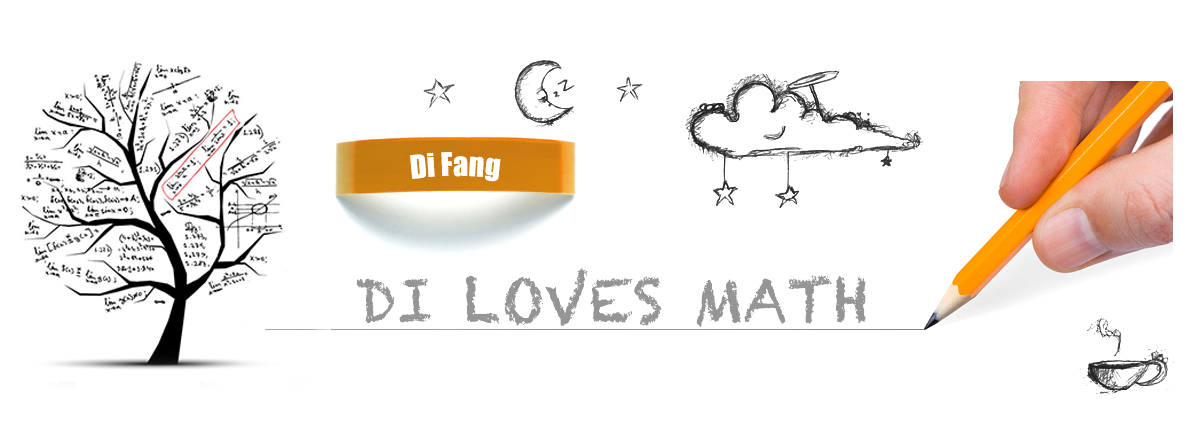
Math 690: Quantum Scientific Computing (Spring 2024)
Instructor: Di Fang Syllabus
Please find the Course webpage on Canvas! This page is generated from Canvas and intended solely for maintaining a record of the teaching schedule and may not be consistently updated.
Please find the references (textbooks) for the course in the syllabus.
The chapters are:
- Ch1 Basic QC Glossary (states, gates, measurements; relationship between quantum computing v.s. classical computing; no cloning theorem; EQA)
- Ch2 Hamiltonian Simulation & Trotterization
- Ch3 QFT & Quantum Phase Estimation (including applications of Trotter + QPE/QEEP, such as Hamiltonian learning, and HHL)
- Ch4 Grover Search & Amplitude Amplification
- Ch5 Block-encoding and its applications (including LCU, Qubitization, QSP/QSVT, OAA, optimal Hamiltonian simulation, Quantum linear systems algorithms -- QLSA by QSVT, non-unitary dynamics)
Tentative Course Plan:
Slides for the first few lectures (basic QC Glossary): basicQC.pdf
Some handwritten notes may be posted (not guaranteed to be typo-free); or References will be provided.
| Week | Wednesday | Friday |
| 1 | Course Policy; Philosophy/Motivation; History; Start of basic QC Glossary (braket notations) [Lecture Notes] |
|
| 2 |
QC Glossary continued: Quantum States (qubits); Unitary operators (quantum gates); No-cloning theorem (simple version) |
common quantum gates; Universal gate sets; Solovay-Kitaev Theorem; Quantum Circuits (References on the proof of Solovay-Kitaev Theorem: [Childs Ch2.3], [Nielsen-Chuang Appendix 3], and a mathematically rigor proof with all gaps filled.) |
| 3 |
Measurements (measurement in different basis, partial measurement, observable); SWAP test; Relationship of Quantum Computing v.s. Classical Computing (reversible classical computing) |
Garbage and Uncompute; Exponential Quantum Advantage; No-cloning theorem (full-version) |
| 4 |
Hamiltonian Simulation and Trotterization; different error metrics (special case v.s. worst case); no-fast-forwarding theorem (Reference on no-fast-forwarding theorem: [Kothari's MS thesis] |
Analysis of Trotterization; Commutator Scaling; Examples |
| 5 |
Watch a talk of your choice and/or think about what topic you'd like to work on for the course project. |
Phase kickback; Fourier transform on the Boolean cubic; Deutsch-Jozsa Algorithm; Bernstein-Vazirani Algorithm |
| 6 |
Hadamard test; Quantum Fourier transform; Quantum Phase Estimation |
Analysis of the textbook version QPE, and a brief review of literature on the state-of-the-art QPE and QEEP results. |
| 7 |
Remarks of QPE (A brief review of literature on the state-of-the-arts QPE & QEEP results; How to get $$\log(\delta^{-1})$$ cost dependence); Further reading/watching of QPE & QEEP. |
Many-body Hamiltonian learning; QLSP (Quantum Linear System Problem) and HHL (the Harrow–Hassidim–Lloyd algorithm) [Lecture Notes] |
| 8 |
More on Controlled Rotation; Classical arithmetic circuit; |
Grover search --Analysis of upper bound (Perspective 2&3); Amplitude Amplification. |
| 9 |
Lower bound of Grover; Amplitude Estimation |
Block-encoding, definition and understandings; Properties; linear combination of unitaries (LCU) - simple case |
| 10 |
Happy Spring Break! |
|
| 11 |
linear combination of unitaries (LCU) - general case; near-optimal Hamiltonian simulation by truncated Taylor series; Motivation for OAA |
Oblivious Amplitude Amplification (OAA); QSP (Quantum Signal Processing) and QSVT (quantum singular value tranformation); Optimal Hamiltonian Simulation by QSVT |
| 12 |
Other QSLAs -- talk recording by Robin Kothari (using LCU + Chebyshev polynomial or Fourier approach for QLSA; Optional) |
Improved QLSA (Quantum Linear System Algorithm by QSVT; A dive into the idea of qubitization. |
| 13 |
Prep for course project |
Prep for course project |
| 14 |
Quantum (linear) Differential Equation Solvers -- QLSA-based; time-marching and LCHS based (post-QLSA algorithms) |
Project presentation (subject to change) |
| 15 |
Project presentation |
Project presentation |